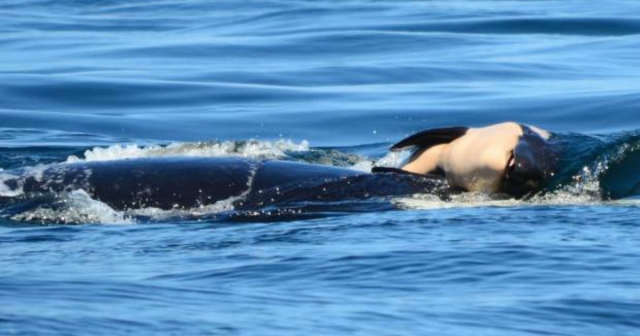Why are we moved by the orca mother’s grief?
Even nature cherishes life.
The female calf – the first live birth in her clan in three years – lived for only 30 minutes; she was emaciated and lacking enough blubber to keep her afloat.
Yet the mother was not willing to part with the baby she gestated for roughly 17 months. Although it is common for these whales to carry their dead for a day or so, Tahlequah carried hers for at least 10 days – with assistance from others in her pod. (There have been no new reports since Friday.)
Why? It is obvious to us humans: she was grieving over her lifeless newborn. That is the popular consensus, and whale scientists seem to concur. Orcas, they tell us, have big brains that are highly developed in the areas which relate to social emotions and awareness.
They have a complex inner life; they feel emotions that they communicate using their pod’s particular dialect. They have a communal orientation which gives the character of a wake to what was going on in Tahlequah’s pod last week. At the same time, says one expert, there is a very “tight knit” bond between mother and calf.
To read more from Mercatornet, click here.

